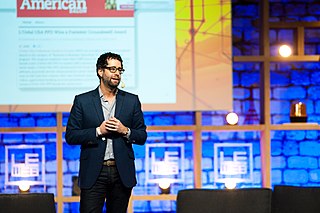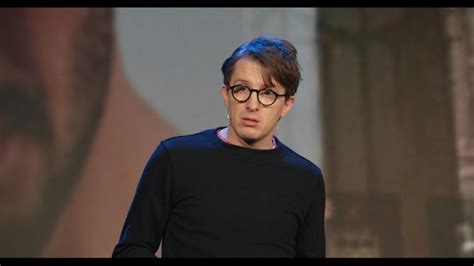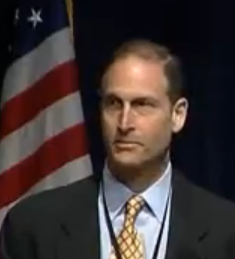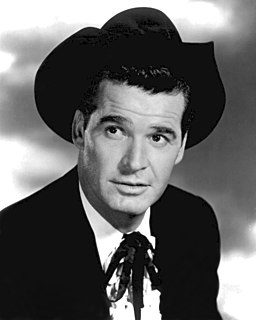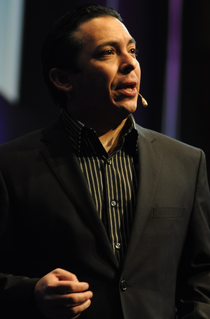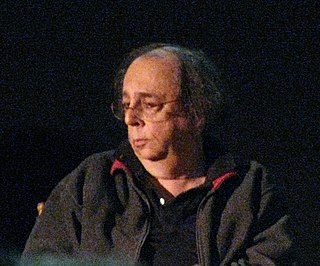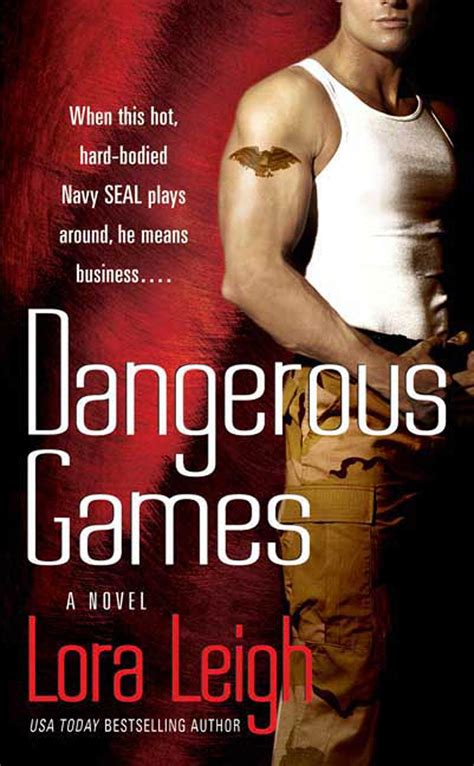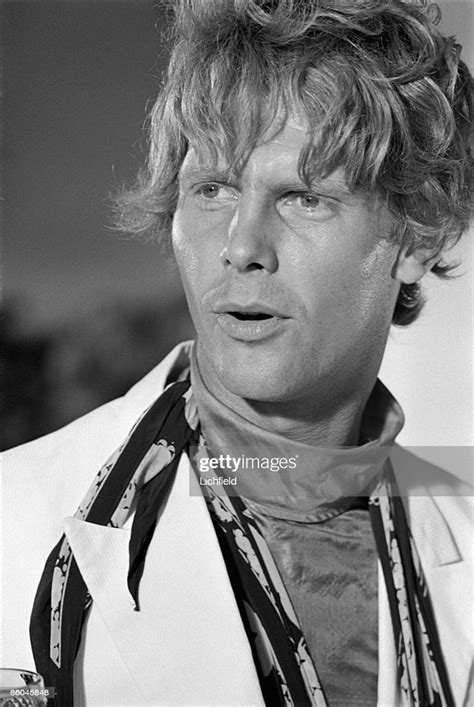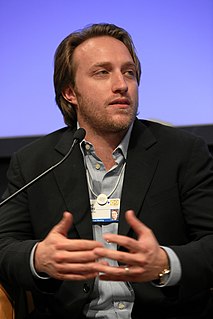Top 1200 Information Overload Quotes & Sayings
Explore popular Information Overload quotes.
Last updated on November 23, 2024.
Television is altering the meaning of 'being informed' by creating a species of information that might properly be called disinformation. Disinformation does not mean false information. It means misleading information - misplaced, irrelevant, fragmented or superficial information - information that creates the illusion of knowing something, but which in fact leads one away from knowing.
Well, there's a question as to what sort of information is important in the world, what sort of information can achieve reform. And there's a lot of information. So information that organizations are spending economic effort into concealing, that's a really good signal that when the information gets out, there's a hope of it doing some good.
We really are living in an age of information overload. Google estimates that there are 300 exabytes (300 followed by 18 zeros) of human-made information in the world today. Only four years ago there were just 30 exabytes. We've created more information in the past few years than in all of human history before us.
In an age of information overload ... the last thing any of us needs is more information about God. We need the practice of incarnation, by which God saves the lives of those whose intellectual assent has turned them dry as dust, who have run frighteningly low on the Bread of Life, who are dying to know more God in their bodies. Not more about God. More God.
I think it was Samuel Johnson who said, "There are two kinds of information in this world: that what you know and that what you know where to get." The tools help the latter, and that's what keeps us from going nuts. The sense of overload comes from the gap between that sudden jump in volume (of information) and the tools we have to make sense of it.
Data isn't information. ... Information, unlike data, is useful. While there's a gulf between data and information, there's a wide ocean between information and knowledge. What turns the gears in our brains isn't information, but ideas, inventions, and inspiration. Knowledge-not information-implies understanding. And beyond knowledge lies what we should be seeking: wisdom.
I come from a tradition of Western culture, in which the ideal (my ideal) was the complex, dense, and 'cathedral-like' structure of the highly educated and articulate personality--a man or woman who carried inside themselves a personally constructed and unique version of the entire heritage of the West. [But now] I see within us all (myself included) there placement of complex inner density with a new kind of self--evolving under the pressure of information overload and the technology of the 'instantly available.'
I don't think we should have less information in the world. The information age has yielded great advances in medicine, agriculture, transportation and many other fields. But the problem is twofold. One, we are assaulted with more information than any one of us can handle. Two, beyond the overload, too much information often leads to bad decisions.
If you do have to look at polls, you should do it no more than once every few days, to get a general sense of the state of the race. I've seen the work on information overload, which makes people depressed, stressed and freezes their brains. I know that checking the polls constantly is a recipe for self-deception and anxiety.
When I teach a new group of students, I introduce some yoga philosophy, but I don't overload them with information. Just enough so they understand the real tradition behind this ancient practice and that it's not a stretching class. Guys come in and they're a little nervous. I tell them that when they cross the threshold of the door, they're crossing to a different dimension. They're moving from an externally-oriented reality to an internally-oriented one.
Normally if you add information to information, you have more information. In case of my art, I destroy information, I would say, because the image is disturbed by the writings. In a way, they become pure imagery. For me it's really fun because it's an idealistic approach to images, to just play around with information and see what's happening.
I think we are definitely suffering from an information overload, but I believe that there is going to be better and better ways of organizing that information and processing it so that it will enhance your daily life. I just think that technology and information, it's overwhelming at the moment, but it's really going to make life better.
Well, there's a question as to what sort of information is important in the world, what sort of information can achieve reform. And there's a lot of information. So information that organizations are spending economic effort into concealing, that's a really good signal that when the information gets out, there's a hope of it doing some good...










